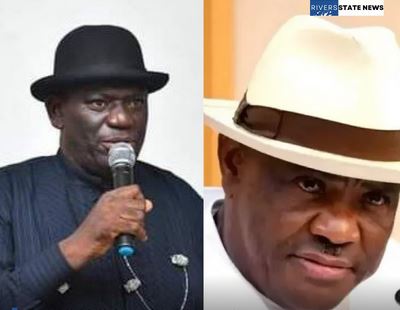
When Jim Edgar first ran for governor of Illinois, he faced a dilemma that has haunted and hounded politicians since the dawn of time. Should he do the easy but wrong thing or the hard but right thing? History shows that far more leaders have opted for the former than the latter. Specifically, Edgar was in a tough gubernatorial campaign in 1990 with popular Democratic Illinois Attorney General Neil Hartigan.
A central issue was whether a temporary income tax surcharge that had been approved several years earlier should be extended. Nearly everyone in state government was counting on the revenues generated by the tax extension, but not everyone was willing to say so publicly. Another timeless story.

Hartigan played it safe and opposed the tax extension. Edgar took a risk and told the truth that the revenues were necessary for the services that the public wanted, especially education. “I don’t want the people of Illinois to be surprised by anything I do after the election, and they won’t be,” Edgar told voters several months before they cast their ballots.
Not all of his political advisers supported his decision or at least his public declaration. However, the voters of Illinois appreciated his honesty and elected him by a narrow margin that fall. Four years later, Edgar was reelected in a landslide, carrying 101 of the state’s 102 counties, including Cook County.
Edgar’s courage and candor on the tax issue exemplifies statesmanship. As did his approach to governing. Edgar was conservative in the most honorable sense of that word and philosophy.
He was committed to conserving and preserving — to stewardship. Prudence is a neglected feature of statesmanship. Edgar believed in limited but effective government.
He pushed tough spending cuts but also boosted funds for early childhood programs, other preventive programs and education. Frugal and tight-fisted, he was sometimes referred to as “Governor No.” It should be noted that he inherited a large budget deficit and left his successor with a sizable surplus.
Sometimes, statesmanship means saying no. Popular and respected, Edgar decided to retire after eight years as governor. He became a senior fellow at the Institute of Government and Public Affairs at the University of Illinois (IGPA) and has devoted much of his time to teaching and mentoring.
Most notably, he created the Edgar Fellows program at IGPA. Every August, he brings 40 young leaders in local and state government, business and labor to a conference center in Champaign for a week to study government, delve into public policy issues and learn from the reflections of veteran leaders. In its 13th year, there are now more than 400 Edgar Fellows alumni who live across Illinois and work in all sectors.
Edgar hopes these fellows from various backgrounds and political beliefs will work together to help solve many of the challenges facing the state. Edgar’s focus on the future is also evident in his work with my institute on the Paul Simon-Jim Edgar Statesmanship Award. The annual award celebrates exceptional leadership in Illinois by a state and local government official.
It goes to a statesperson who has demonstrated unusual vision, courage, compassion, civility, effectiveness and bipartisanship. Each award recipient to date has offered a special tribute to Edgar for his inspiration and example. Now in its fifth year, the award generates nominations of accomplished and inspiring mayors, city council members, county commissioners, constitutional officers, members of the General Assembly and others.
It is a tangible indicator that statesmanship is still alive and well and is often occurring in quiet ways, away from the headlines. Edgar’s legacy of courage, candor and stewardship deserves our gratitude. Principled statesmanship, he has demonstrated, can solve problems, command public respect and build a better future.
John T. Shaw is director of the Paul Simon Public Policy Institute. Shaw’s columns, exclusive to the Tribune, appear the last Monday of each month.
His most recent book is “The Education of a Statesman: How Global Leaders Can Repair a Fractured World.” Submit a letter, of no more than 400 words, to the editor here or email [email protected] .
.















